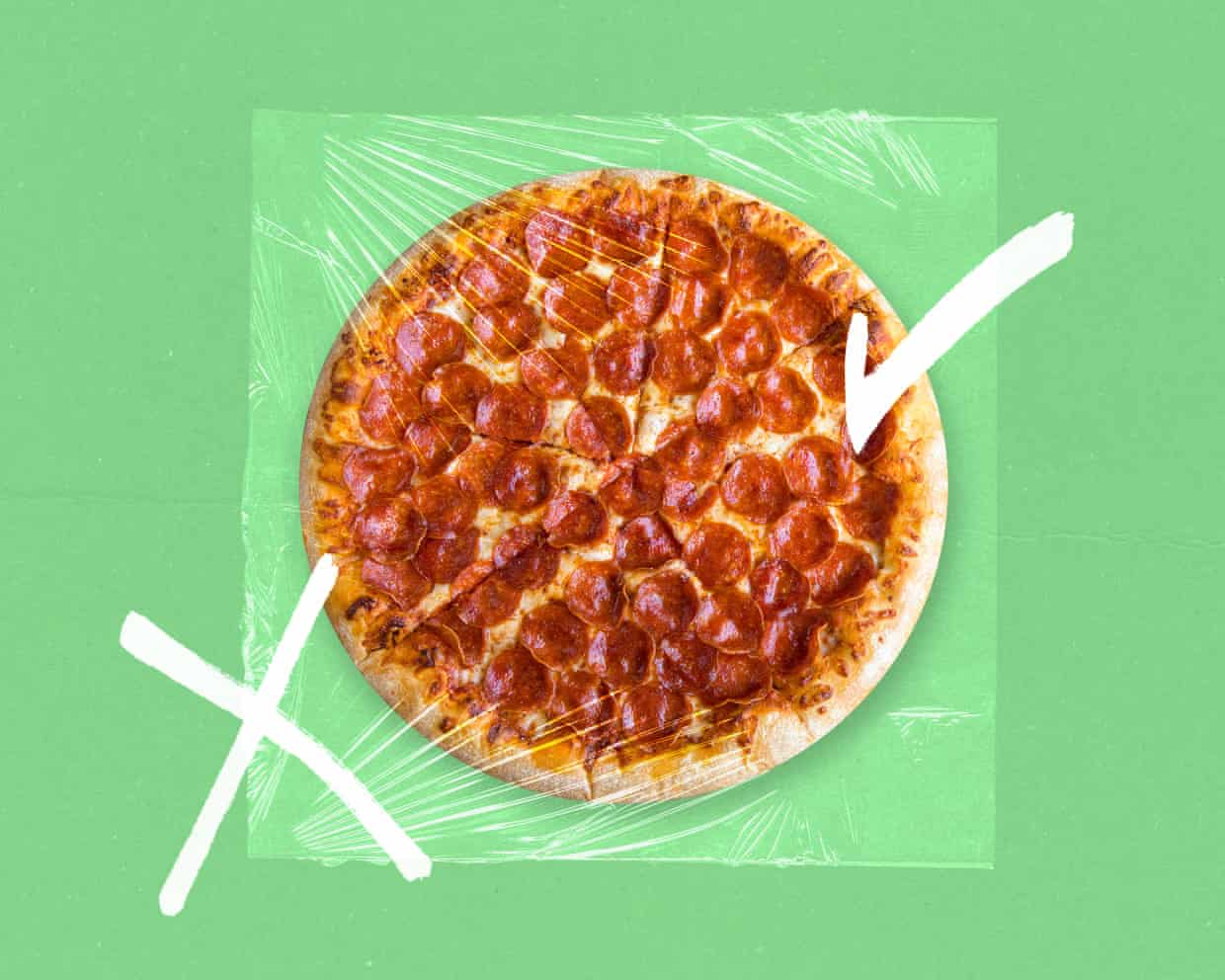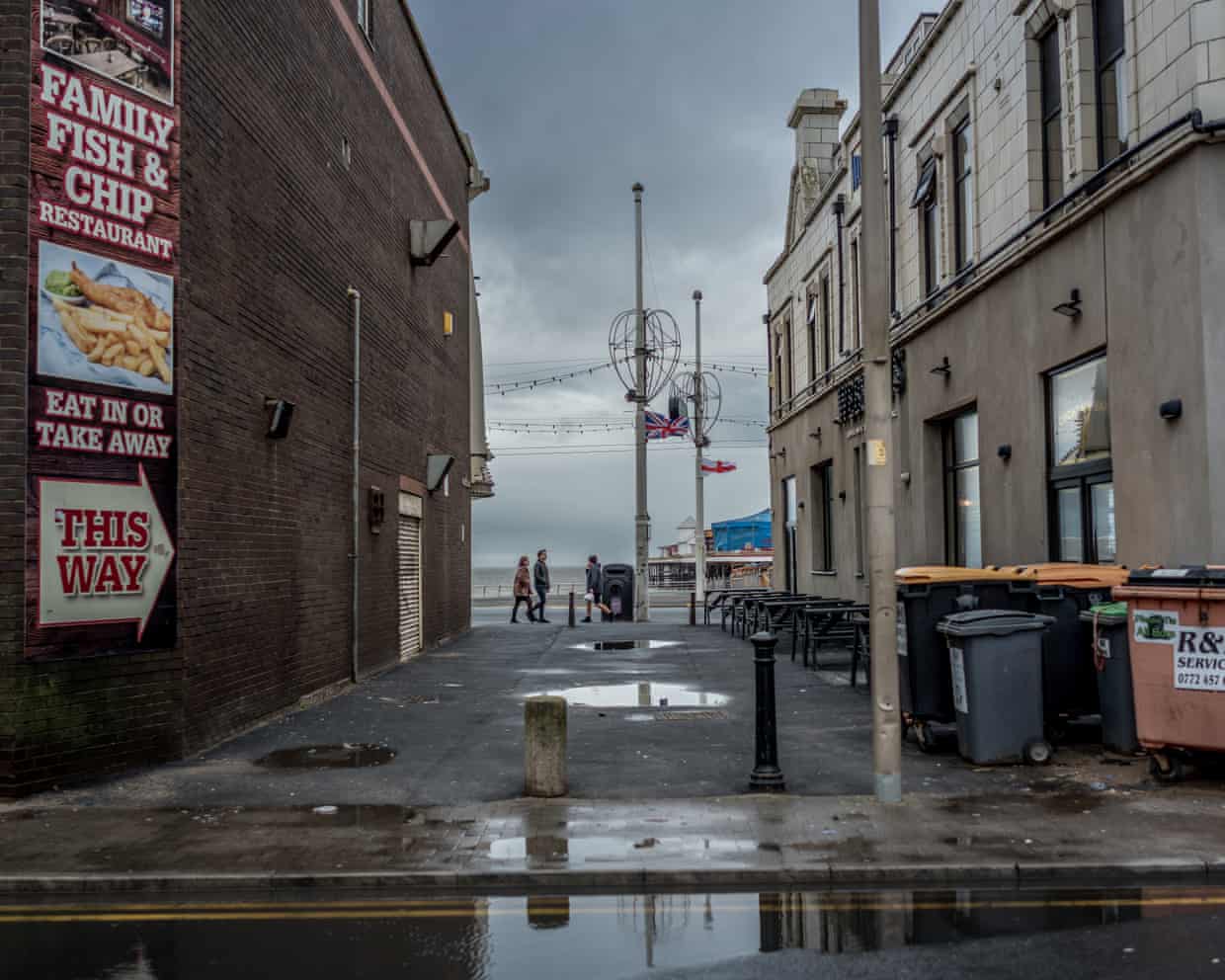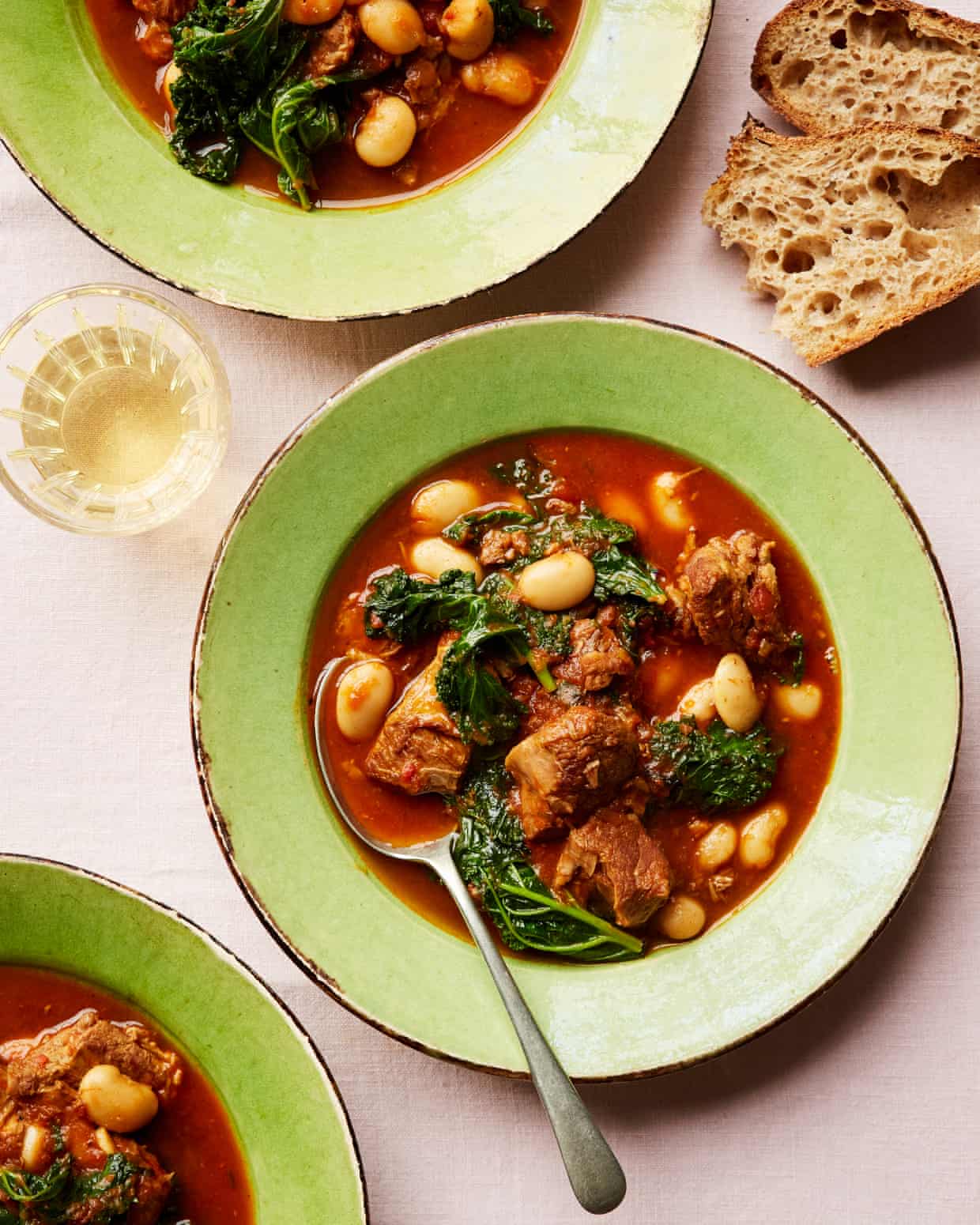Wallabies fans are entitled to be frustrated but it’s not all grim for this tired, talented side

At the end of a frenetic first half, where Angus Bell ran in one of the great tries by a Wallaby prop, where Matt Faessler powered over for a brace, where Louis Bielle-Biarrey scored a solo stunner and Thomas Ramos and Nicolas Depoortère dotted down as well, Tane Edmed gathered a pass at first receiver.The young fly-half, playing in his seventh Test, was having a decent game.He’d slotted two of his three shots at goal.He was brave to the line, carrying with zip, stitching moves together as he tried to spark a backline short on fluency.But with the clock in the red, he attempted a raking kick to the corner.
Either he didn’t realise the 40 minutes had elapsed, or he thought he was in his own half and a 50-22 was on.Either way, after watching the ball skid into touch to end the half, he stood still, hands on head, stunned by his own misread.Does this sum up Australia’s European tour? It’s tempting to tug at that thread.A young playmaker, full of intent and enterprise, doing almost everything right before making the sort of mistake that spoils the picture.A team brimming with effort but undermined by moments that expose the rickety scaffolding still holding them together.
This is not to pin a disappointing autumn on a young 10 still finding his feet,A great deal conspired against Joe Schmidt’s side as they ran out of puff after an exhausting 2025 in which they played more Tests than any other nation,Fifteen matches in 140 days – a game every nine – would stretch even the deepest squads,For Australia, with their reliance on a handful of frontline players, their inconsistent access to overseas talent and the unrelenting pull of rival codes back home, it was brutal,Fatigue shows up in more than soft shoulders.
It worms its way into decisions, into the micro-moments where Test matches tilt.It’s no accident that the Wallabies were often at their most brittle in the final 10 minutes of each half, when concentration thins and systems wobble.That is not to excuse them.This is still the team that beat South Africa in Johannesburg and exceeded all expectations against the British and Irish Lions.But reality must be acknowledged: they were always up against it this November.
There’ll be inquisitions, rightly, into the collapses against England and Ireland, the shock defeat to Italy, the vulnerability under the high ball, and the lack of punch off the bench,Loyal fans are entitled to be frustrated,Still, it wasn’t all grim,Even in defeat – this 48-33 loss being their fourth from four games – there were moments that cut through the gloom and hinted at a brighter trajectory,Max Jorgensen’s try against France was one such moment.
Taking the ball tight to the left tramline, he straightened, skipped past the first defender and accelerated into the clear as if switching into another frame rate.The grubber ahead was bold, the regather audacious.It reminded everyone that Australia still produces footballers who see space like artists see colour.It also highlighted the contrast with Joseph-Aukuso Suaalii, whose gifts remain frustratingly bottled.The Wallabies know what he can be – a towering threat in contact and a weapon in the air – but they’ve yet to find a way to involve him consistently.
Too often he’s stranded, chasing scraps, reduced to straightening the line rather than bending it,Unlocking him is central to Australia’s evolution,That, inevitably, loops back to the fly-half conundrum,With Noah Lolesio cruelly sidelined, the Wallabies’ options remain unsettled,Edmed isn’t ready.
Carter Gordon hasn’t turned potential into authority.James O’Connor should not re-enter the equation.The jersey feels like a revolving door when what Australia needs is a fixed point.One player who would steady things is Len Ikitau.He is the Wallabies’ metronome, the defensive organiser, the line-straightener, the calm centre of a backline that often feels too chaotic.
When he plays, everything looks connected.When he’s absent, the cohesion evaporates.He is, in many ways, the true linchpin of the backline rebuild.Sign up to Australia SportGet a daily roundup of the latest sports news, features and comment from our Australian sports deskafter newsletter promotionUp front, the picture is clearer after this tour.Will Skelton and Rob Valetini remain the pillars of the pack, and when both are fit, Australia carry genuine heft.
The front row also looks more secure and the set-piece competes in patches.These are work-ons, not reasons to tear up the playbook.So, what does this tour really say? That the Wallabies are incomplete, inconsistent, and still far from the polished product Schmidt and his successor, Les Kiss, wants.But also that they’re not lost.There were enough sparks, enough signs of shape and intent, to suggest this is a team at the beginning of something, not the end.
They leave Europe bruised, exposed and wiser.They also leave it knackered.With a home World Cup in 2027 looming, they don’t need perfection.They just need momentum and a clearer sense of who they are becoming.Right now, the thing they need most of all is a holiday.

We know ultra-processed foods are bad for you – but can you spot them? Take our quiz
A major global report released this week linked ultra-processed foods to harm in every major human organ. For people in the US, the UK and Australia, these foods make up more than half the calories they consume each day.But it’s not always easy to tell which foods are ultra-processed.The term was coined in 2009 by researchers at the University of São Paulo, as part of their Nova food classification system that sorts foods into four groups:Group one: unprocessed or minimally processed foods including whole fruits and vegetables, milk, oats and rice.Group two: processed basic ingredients used in cooking including salt, sugar and vegetable oils

How could Reeves hit gambling firms – and are they fearmongering over impact?
Gambling companies don’t lose very often but nor are they usually playing a game of poker against the chancellor of the exchequer.At next week’s budget, Rachel Reeves is widely expected to announce an increase in the duties that bookies and casinos pay to the Treasury, ending months of speculation and frenzied lobbying designed to sway the government.The tax rise could cost the industry anything between about £1bn and £3bn, depending on how far Reeves turns the screw.To some, that would be fair recompense for an out-of-control industry grown fat on misery. To others, it would be an anti-growth tax that will backfire, costing thousands of jobs and fuelling the illicit market

Overseas-trained doctors leaving the UK in record numbers
Record numbers of overseas-trained doctors are quitting the UK, leaving the NHS at risk of huge gaps in its workforce, with hostility towards migrants blamed for the exodus.In all, 4,880 doctors who qualified in another country left the UK during 2024 – a rise of 26% on the 3,869 who did so the year before – figures from the General Medical Council reveal.NHS leaders, senior doctors and the GMC warned that the increased denigration of and abuse directed at migrants in the UK was a significant reason for the rise in foreign medics leaving.“It’s really worrying that so many highly skilled and highly valued international doctors the NHS just can’t afford to lose are leaving in their droves,” said Daniel Elkeles, the chief executive of the hospitals group NHS Providers.“We wouldn’t have an NHS if we hadn’t for many years recruited talented and valued people from all around the world

Prozac ‘no better than placebo’ for treating children with depression, experts say
Clinical guidelines should no longer recommend Prozac for children, according to experts, after research showed it had no clinical benefit for treating depression in children and adolescents.Globally one in seven 10- to 19-year-olds have a mental health condition, according to the World Health Organization. In the UK, about a quarter of older teenagers and up to a fifth of younger children have anxiety, depression or other mental health problems.In the UK, National Institute for Health and Care Excellence (Nice) guidance says under-18s with moderate to severe depression can be prescribed antidepressants alongside therapy.But a new review of trial data by academics in Austria and the UK concluded that fluoxetine, sold under the brand name of Prozac among others, is clinically no better than placebo drugs in treating depression in children, and should therefore no longer be prescribed to them

Councils in north of England and Midlands to get more funding in shake-up
Deprived towns and cities in the Midlands and the north of England are the big winners in a shake-up of local authority funding that will redirect cash from affluent rural areas to urban councils hit hardest by austerity.Ministers said the changes put in place a fairer system that recognised the extra needs and weaker council tax-raising powers of councils in so-called “left behind” areas. It guarantees them real-terms funding increases for the next three years.“People living in the places that suffered most from austerity will finally see their areas turned around,” the local government minister, Alison McGovern, said in a parliamentary statement.The changes, which will be introduced from April, before critical local elections in May, could see funding boosts for Reform-led councils in the north with high levels of deprivation, such as Durham and Lancashire, as well as in Kent, Reform’s flagship council

Keeping youths in care out of trouble | Letter
Diverting young people in care from the youth justice system and the associated criminalisation may help their future careers (Children in care who lash out may no longer face automatic arrest under UK review, 17 November). However, international research studies have shown that reducing the chances of young people being involved in crime to begin with are more effective.These include: stable family foster care placements; doing well at school; extending foster care placements beyond 18 years of age; having positive birth family, extended family, partner and social relationships; being settled in accommodation on leaving care; and being supported by leaving-care teams providing personal, careers, housing and financial support.For too many young people these opportunities are lacking or inconsistent, even in the face of substantial evidence detailing their unnecessary involvement in the criminal justice system, very poor outcomes and the associated costs to young people and society – see In Care, Out of Trouble, the report of Lord Laming’s review, published by the Prison Reform Trust in 2016.Prof Mike SteinUniversity of York Have an opinion on anything you’ve read in the Guardian today? Please email us your letter and it will be considered for publication in our letters section

Tell us about a recipe that has stood the test of time

Alice Zaslavsky’s recipe for garlic red peppers with a creamy white bean dip, AKA papula

How to turn hazelnuts into a brilliant flour for cakes – recipe | Waste not

Fish, cheese or chicken? Ravinder Bhogal’s recipes for warming winter pies

I’m vegetarian, he’s a carnivore: what can I cook that we’ll both like? | Kitchen aide

José Pizarro’s recipe for braised lamb and kale cazuela with beans